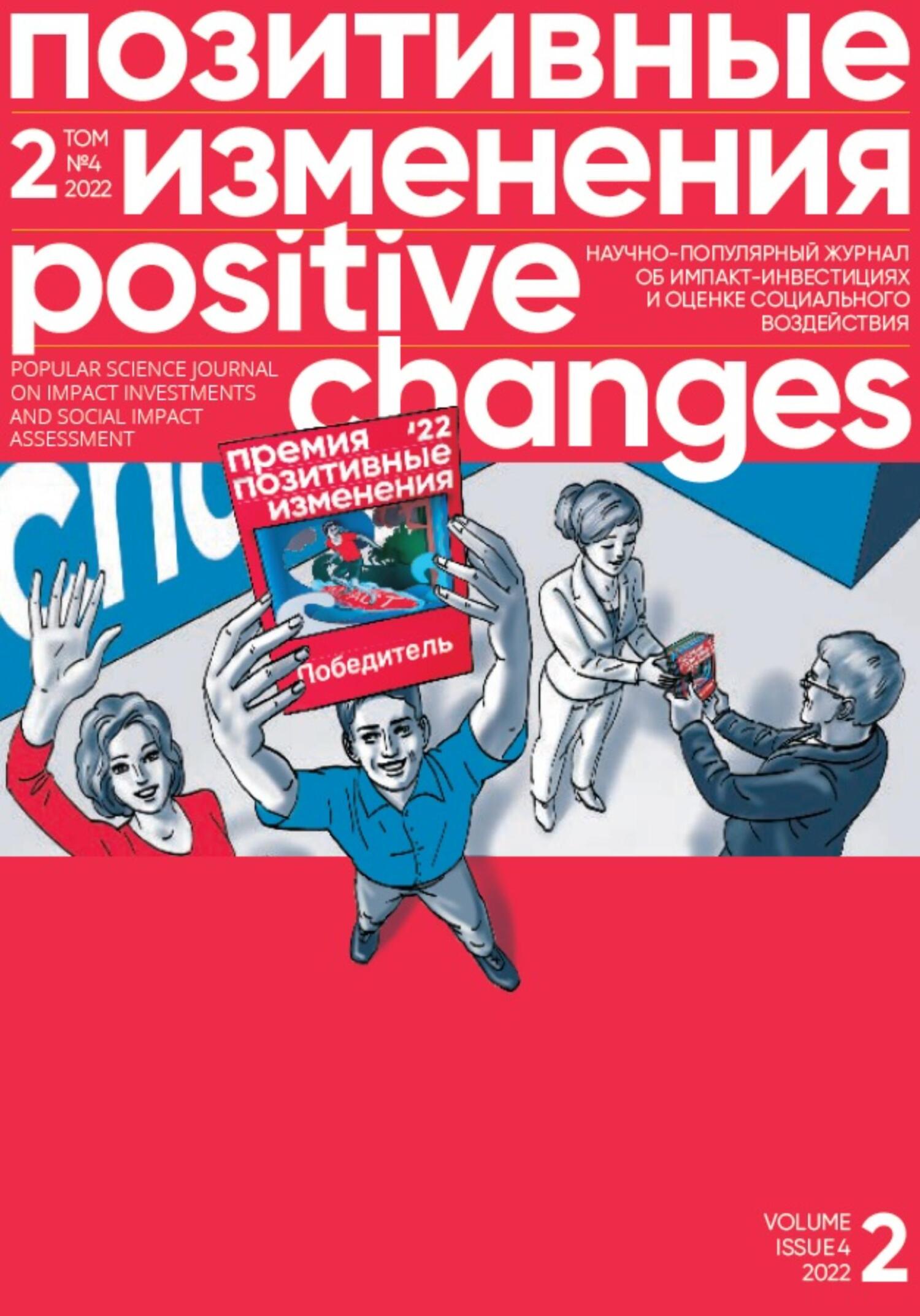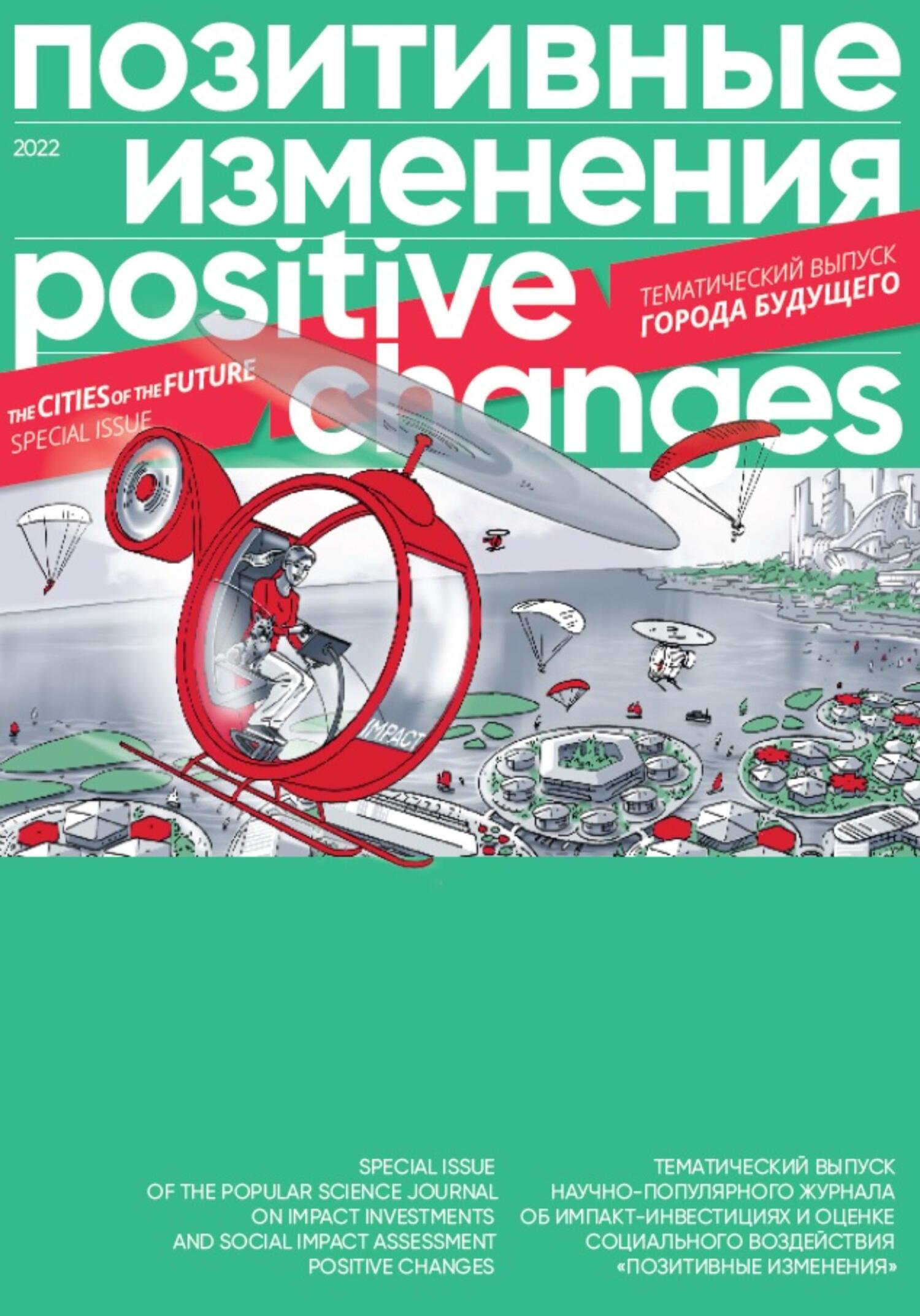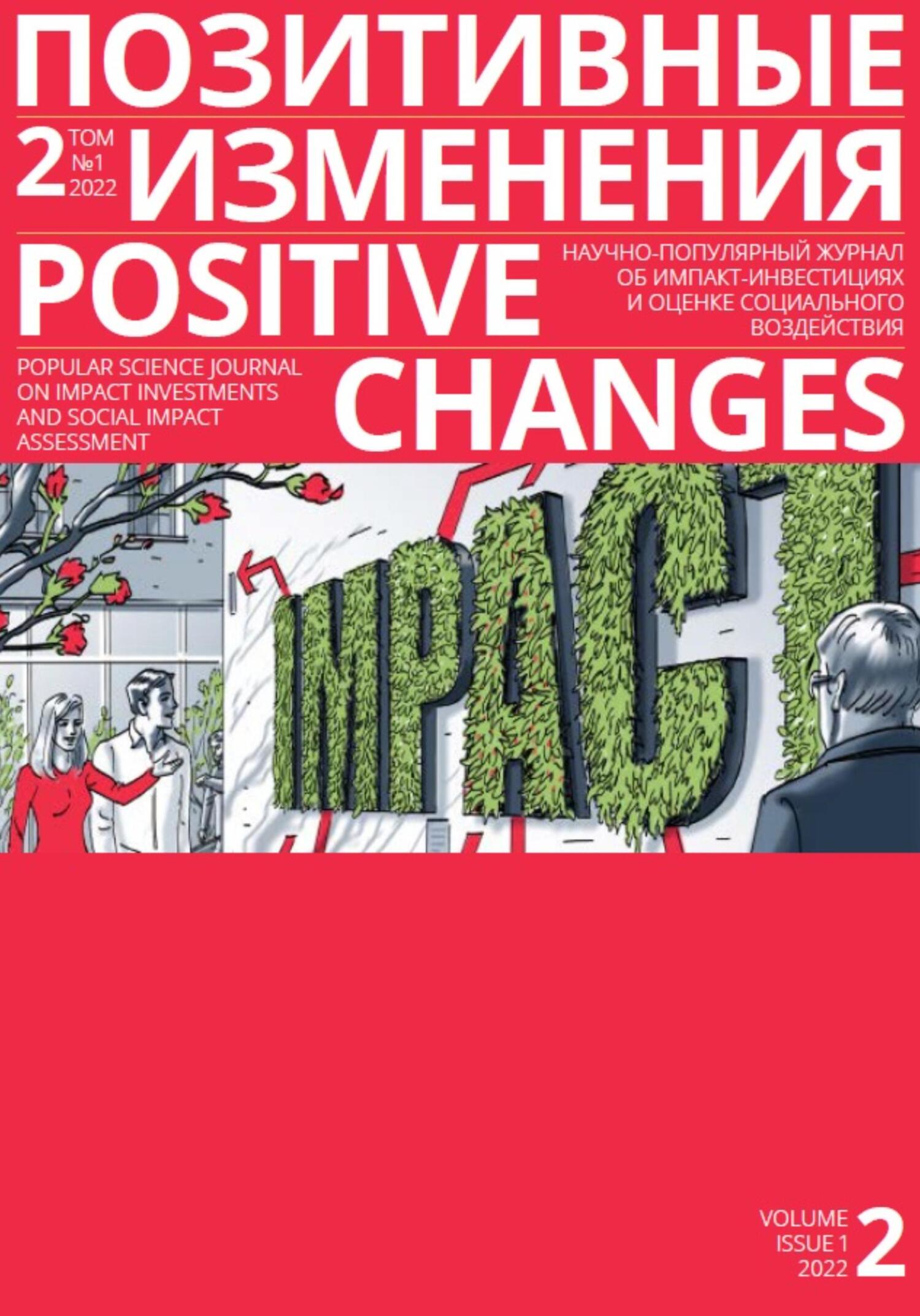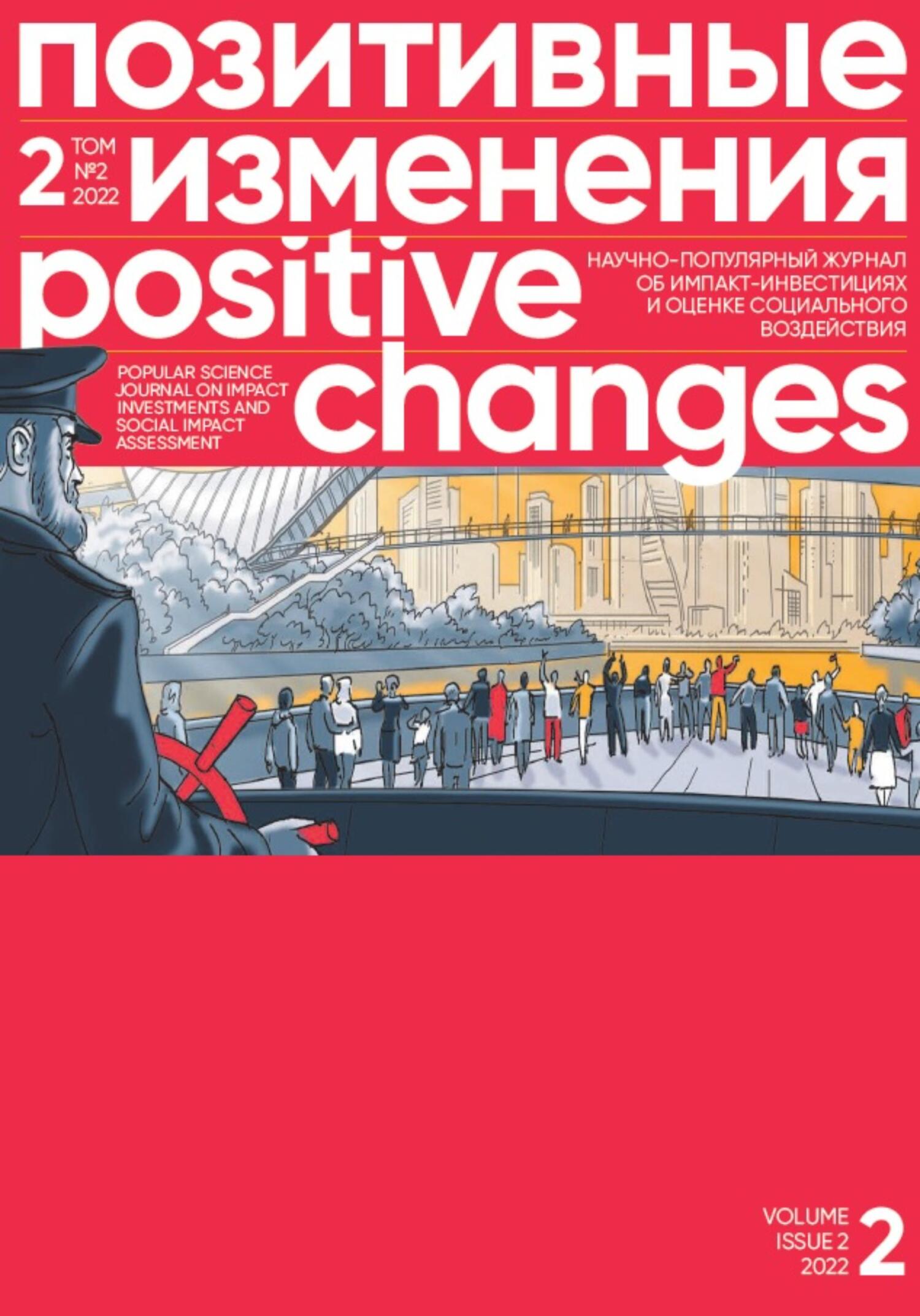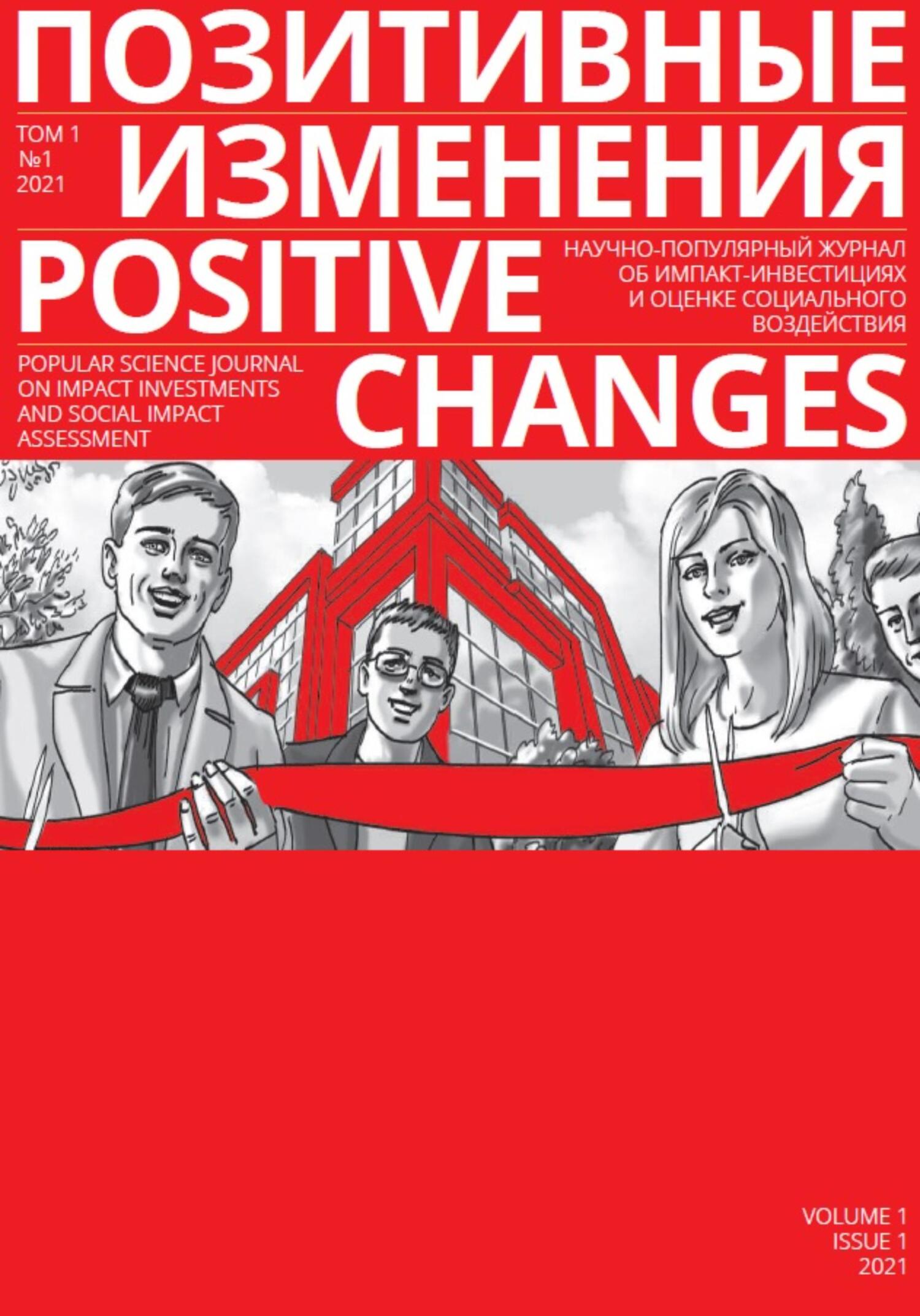transaction and field levels.
https://clck.ru/32ucUi
2. ETHICAL SENSEMAKING IN IMPACT INVESTING: REASONS AND MOTIVES IN THE CHINESE RENEWABLE ENERGY SECTOR
Tongyu Meng, J. Newth, C. Woods
Article, 15 June 2022, Journal of Business Ethics
This article explores impact investing within the renewable energy sector. Drawing on ethical decision making and sensemaking, this article contributes to an enhanced understanding of the complex ethical sensemaking process of impact investors when facing plausible situations in a world of contested truths. Addressing the ethical tensions faced by impact investors with mixed motives, this study investigates the way decision makers use context-specific reasons to make sense of and shape the renewable energy investment (REI) process. This represents an initial attempt to understand ethical sensemaking in impact investing made within the renewable energy (RE) sector using a multi-stakeholder approach. Our findings show that prosocial, personal, reputational, and economic motives are the main drivers of REI, with prosocial and personal motives being value-based, and reputational and economic motives being evidence-based. We find three different modes of ethical sensemaking (pragmatic, retrospective, and forecasting), allowing for the construction of the four motives noted above. These motives are based on the context-specific reasons of impact investing decision makers in the RE sector. This article contributes to the academic discourse on ethical sensemaking with some key processes involved in ethical decision making, and a better understanding of the underlying motivations of impact investing in the RE sector.

https://goo.su/AlQAGFf
3. DOES IMPACT INVESTING HELP VC FUNDS TO ATTRACT STARTUPS? EXPERIMENTAL EVIDENCE
Ye Zhang
Research paper, 12 October 2022, SSRN Electronic Journal
Although firms' preferences about impact investing affect sustainable investment in equilibrium, little relevant empirical evidence exists to guide the theory. This paper studies whether adopting an impact investing strategy influences startups' intentions to collaborate with venture capitalists through two complementary field experiments that involve real US startup founders and real-world stakes. The first experiment requires entrepreneurs to evaluate multiple randomly generated investor profiles so that they can receive a recommendation list containing real matched investors' information. The second experiment is a novel payment game, which elicits entrepreneurs' taste-driven preferences. Provided with real monetary incentives, entrepreneurs decide whether to pay for a more comprehensive investor recommendation list which contains randomized number of impact investors and is sold at a randomized price. I find the following main results: (i) Environmental initiatives causally reduce venture capitalists' attractiveness to startups while social initiatives improve investors' attractiveness. These preferences are correlated with entrepreneurs' beliefs of the investor's ability, availability, and informativeness. (ii) Sorting occurs in an asymmetric way. Impact ventures prefer approaching impact investors with social initiatives while profit-driven ventures avoid approaching impact investors with environmental initiatives. (iii) Significant heterogeneous effects exist based on entrepreneurs' and investors' backgrounds. Male investors benefit from aiming for social impact while female investors lose aiming for environmental impact. Compared to Democratic entrepreneurs, Republican entrepreneurs are more opposed to impact investors. (iv) Entrepreneurs have taste-driven preferences towards impact investors.

https://goo.su/l3kZpzV
4. UNDERSTANDING IMPACT INVESTMENT INTENTION USING THE EXTENDED THEORY OF PLANNED BEHAVIOUR
Prerna Rathee, S. Aggarwal
Article, 27 August 2022, Global Business Review
Impact investing is ‘blended value proposition' that generates a mix of financial, social and environmental values for the investor, organization and businesses. This study aims to explore the factors influencing the Indian investors' intention towards impact investing (II) using the theory of planned behaviour (TPB), extended with two constructs, that is, risk perception and internal motivation, to predict such a phenomenon in the Indian context. The data has been collected from 338 Indian investors who primarily engage in impact investing. The collected data have been analysed using two-step structural equation modelling. The findings of this study indicate a positive and significant impact of attitude, subjective norms and perceived behavioural control on investors' intention towards impact investing in India. Risk perception has been showed the least positive influence on the investors' intention whereas internal motivation has a highly positive influence on investors' intention to invest for impact.
This is the first attempt to measure investors' intentions towards impact investing from the Indian perspective using the TPB model with the extended constructs, that is, risk perception and internal motivation, which is the novelty of this study. This study will help policymakers to take important regulatory measures to build an effective ecosystem for impact investing in India.
https://clck.ru/32ud6L
5. ACCOUNTING INFRASTRUCTURES AND THE NEGOTIATION OF SOCIAL AND ECONOMIC RETURNS UNDER FINANCIALIZATION: THE CASE OF IMPACT INVESTING
A. Guter-Sandu
Article, 2022, Competition & Change
Impact investing has emerged as a topical subject-matter for scholars working at the intersection between finance and social policy. By and large, it is seen as a product of financialization: some argue that the social is colonized by financial actors and methods, others see it as a site where boundary work produces a state of value plurality in which competing values — social and financial — co-exist. This article takes the latter perspective further and unpacks the endogenous dynamics underpinning the creation of social values in impact investing programs. It analyzes how high-level organizations in the field prescribed specific social impact valuation processes and mechanisms for collecting, measuring, and reporting data about value creation. It argues that the social values circulating in the impact investing field emerge from the interplay between a wide array of stakeholders, impact investors included. The social impact accounting tools that capture them materialize therefore as sites of political battles and negotiations between stakeholders, with both emancipatory but also exploitative potential. This has consequences upon our understanding of how financialization travels and how the social dynamics underpinning accounting devices (re)draw boundaries between competing values and fields.

https://goo.su/fh26
6. INVESTING IN A SOCIAL VENTURE TO GENERATE SOCIAL IMPACT OR FINANCIAL RETURN
B. Urban, Odifentse Mapula-e Lehasa
Article, 11 November 2022, Business Perspectives and Research
Recognizing that the
